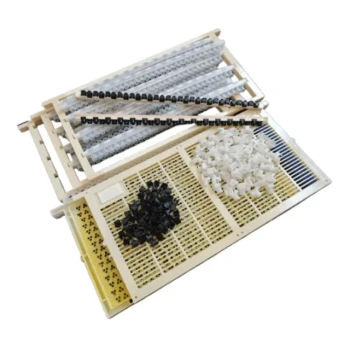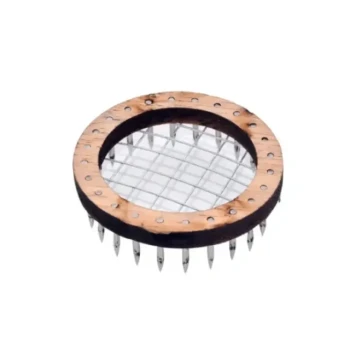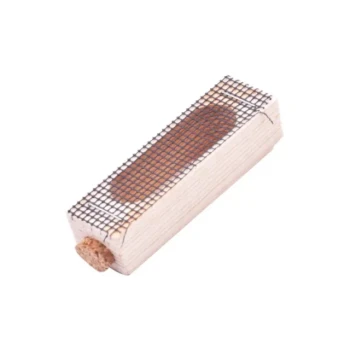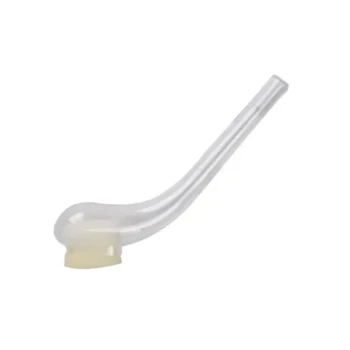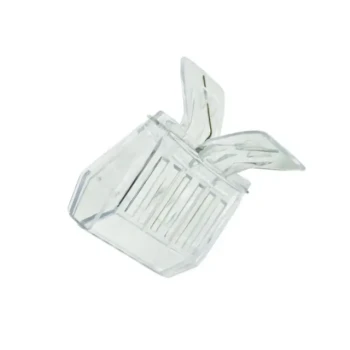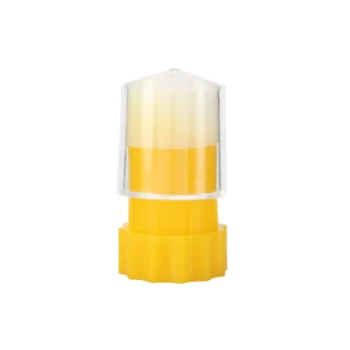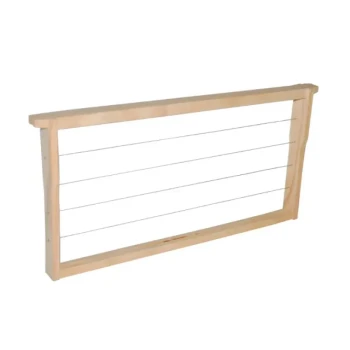In essence, the queen bee's duties are to lay a vast number of eggs and produce chemical scents, known as pheromones, that regulate the colony's behavior and social unity. She is the sole reproductive female and the biological heart of the entire hive, with her health and productivity dictating the strength and stability of her colony.
While often seen simply as an egg-layer, the queen bee's true function is to be the central reproductive and chemical signaling hub of the hive. The entire colony's population, mood, and cohesion depend directly on her biological output.
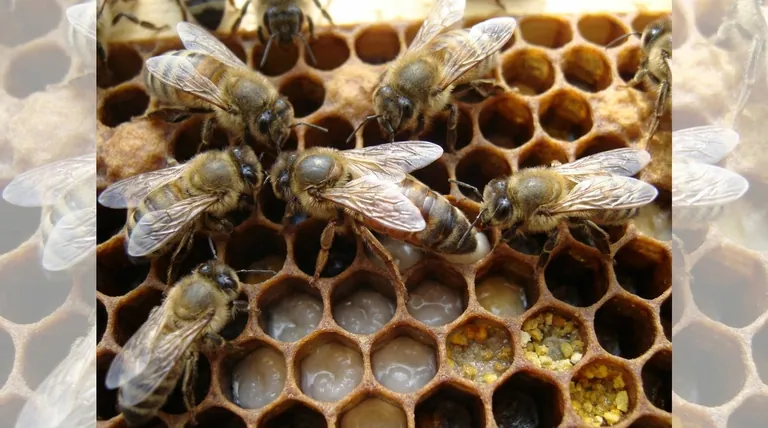
The Two Pillars of a Queen's Influence
A queen's work is not about giving orders but about performing two critical biological functions that shape every aspect of the hive.
The Egg-Laying Machine
The most recognized duty of a queen is her incredible reproductive capacity. She is the only female in the hive with fully developed ovaries, making her the mother of nearly every bee in the colony.
A healthy queen can lay up to 2,000 eggs per day during peak season. This consistent production is essential for replacing older bees and growing the colony's workforce for tasks like foraging and defense.
The Chemical Commander
Equally important is the queen's role in producing a unique blend of pheromones. These chemical signals are spread throughout the hive as worker bees tend to her and interact with one another.
These pheromones communicate that the hive has a healthy, laying queen. This signal provides a sense of stability, encourages foraging, and critically, suppresses the reproductive development of worker bees, ensuring the queen remains the sole egg-layer.
How a Queen's Role Impacts Hive Management
For a beekeeper, understanding the queen's function is the key to managing a productive and healthy hive. Her instincts directly influence how the hive is structured and managed.
Organizing the Brood Nest
The queen's egg-laying activity creates the brood nest, the area of the hive dedicated to raising new bees. Beekeepers monitor her laying pattern—a tight, contiguous pattern of eggs is a sign of a healthy, well-mated queen.
Ensuring Pure Honey Production
Workers will store honey anywhere there is space. To prevent the queen from laying eggs in the frames intended for honey collection (honey supers), beekeepers often use a queen excluder.
This is a screen with gaps large enough for worker bees to pass through but too small for the queen. It confines her to the lower boxes of the hive, ensuring honey stores remain clean and free of brood.
Understanding the Trade-offs: The Queen's Limitations
While vital, the queen's role is often misunderstood. She is not a ruler in the human sense, and the colony's dependence on her creates a significant vulnerability.
A Queen Does Not "Rule" the Hive
The queen does not direct daily tasks or make decisions for the colony. Her influence is purely biological and chemical. The worker bees collectively make crucial decisions, such as when to forage, where to find resources, and even when to replace the queen if her egg-laying or pheromone output declines.
The Colony's Dependence on a Single Bee
The entire colony is completely dependent on a single individual for its survival and growth. If the queen dies unexpectedly or begins to fail, the hive enters a state of emergency.
The workers must act quickly to raise a new queen from existing eggs or the beekeeper must introduce a new one, often within a protective queen cage, to prevent colony collapse.
Applying This to Your Hive
Understanding the queen's role is the first step toward effective beekeeping. Your management strategy should align with supporting and leveraging her natural functions.
- If your primary focus is maximizing honey production: Use a queen excluder to keep your honey supers brood-free and ensure your queen has ample space in the brood boxes to lay effectively.
- If your primary focus is colony health and stability: Regularly inspect the brood pattern for signs of a failing queen and be prepared to replace her to maintain strong pheromone signals and population growth.
- If your primary focus is growing your number of hives: A queen's strong egg-laying is the core resource you need to create splits and start new colonies successfully.
By viewing the queen as the biological engine of the colony, you can make informed decisions that lead to a healthier, more productive hive.
Summary Table:
| Key Function | Impact on Hive | Management Insight |
|---|---|---|
| Egg-Laying | Determines colony population and workforce size. | Inspect for a tight, contiguous brood pattern. |
| Pheromone Production | Regulates worker behavior and suppresses rival queens. | A strong scent indicates a healthy, stable hive. |
| Brood Nest Organization | Creates the core area for raising new bees. | Use a queen excluder to protect honey supers from brood. |
Maximize the productivity of your apiary with the right equipment. A healthy, productive queen is the engine of your hive, but her success depends on the quality of her environment. At HONESTBEE, we supply commercial apiaries and beekeeping equipment distributors with the durable, wholesale-focused supplies needed to support strong queens and thriving colonies—from reliable queen excluders and brood boxes to essential hive tools.
Contact our expert team today to discuss your wholesale needs and ensure your hives are built for success.
Visual Guide

Related Products
- Brown Nicot Queen Cell Cups for Breeding Queen Bees Beekeeping
- No Grafting Queen Rearing Kit: System for Royal Jelly Production and Queen Rearing
- Wood and Mesh Push-In Queen Cage
- JZBZ Langstroth Queen Rearing Frame for Beekeeping
- Classic Wooden and Mesh California Queen Cage
People Also Ask
- Why is it important to select a healthy larva less than 24 hours old for queen rearing? Maximize Queen Quality and Colony Strength
- How does Queen Rearing with JZBZ work? A Reliable System for Consistent Queen Production
- Why are durable standardized beekeeping tools essential for green production? Unlock Sustainable Economic Growth
- What role does the natural swarming process play in queen rearing? Harness the Swarm Instinct for Better Queens
- What is the advantage of the Nicot Cupkit system? Secure Your Queen Rearing Success with Batch Protection

